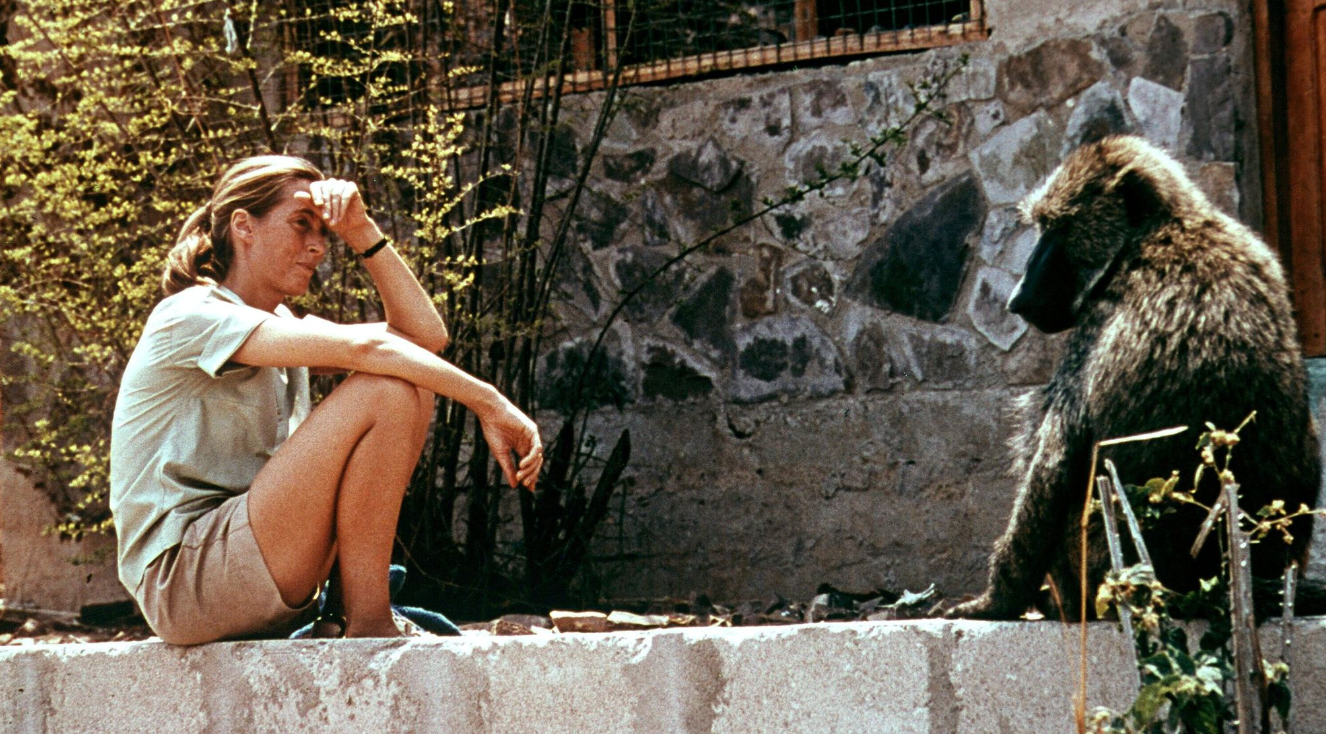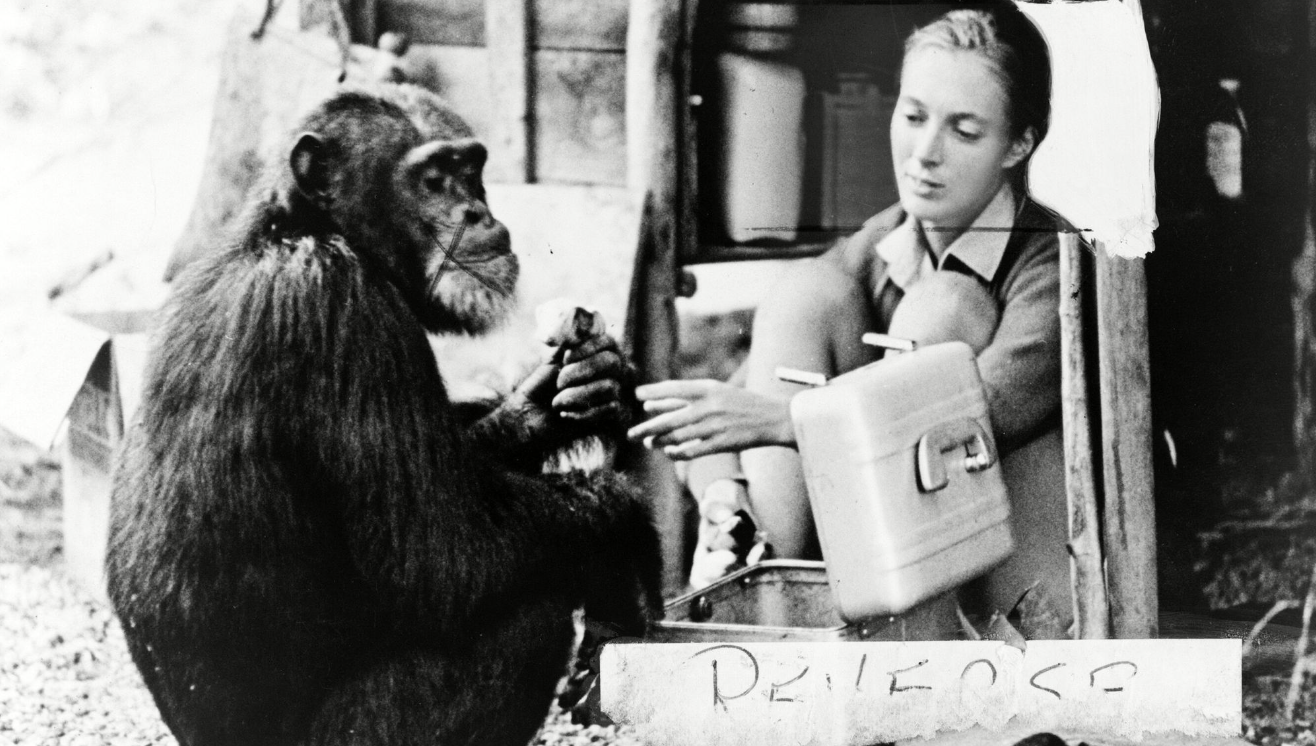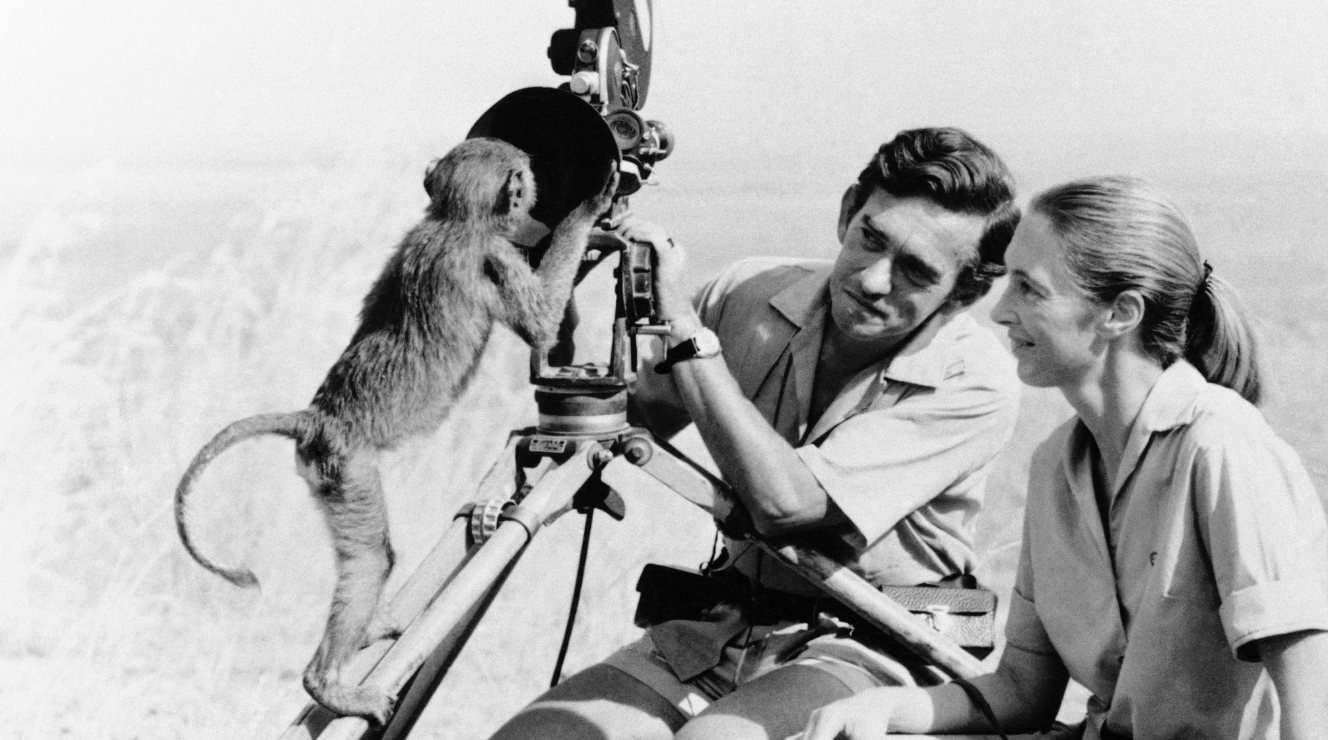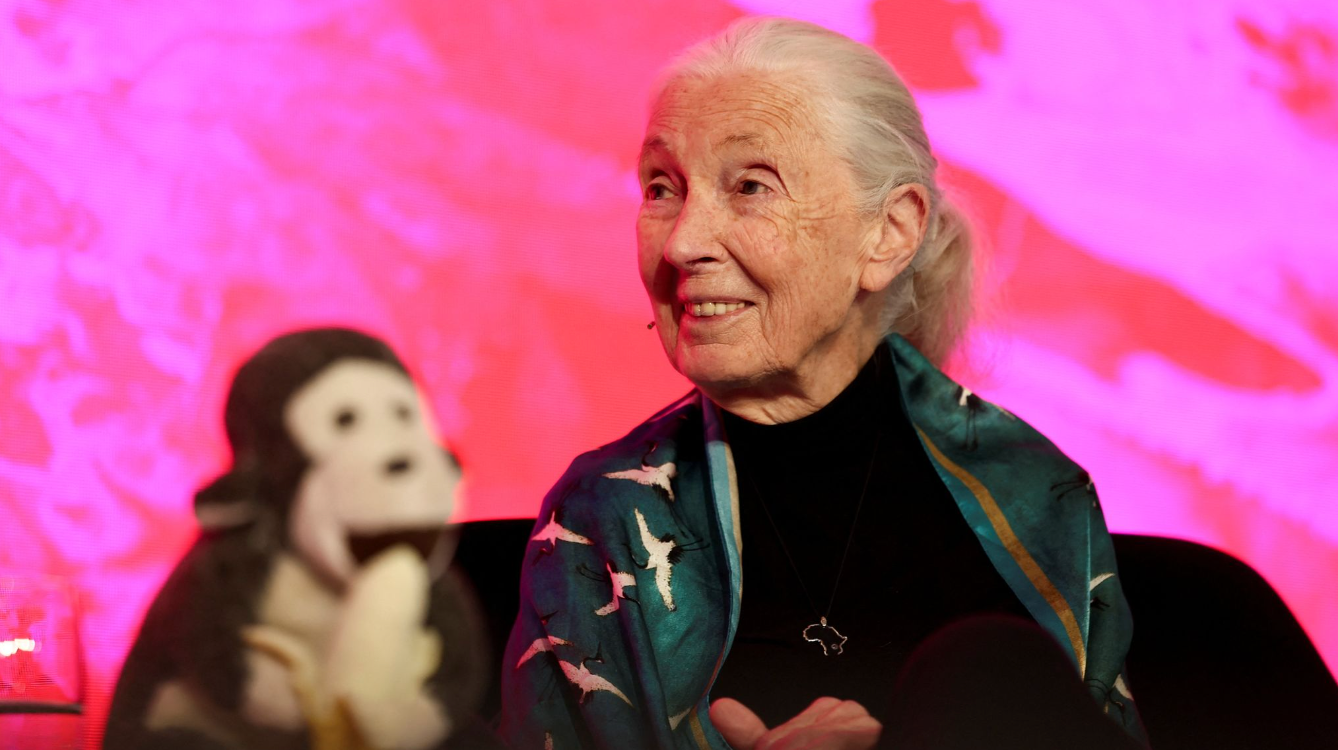Renowned Primatologist Jane Goodall Passes Away at 91 A Legacy Remembered
The world has lost one of its greatest scientific minds and most passionate conservation advocates. Dame Jane Goodall, the British primatologist who transformed our understanding of chimpanzees and inspired generations to protect the natural world, has died at the age of 91.
According to a statement from the Jane Goodall Institute, she passed away peacefully in her sleep on Wednesday morning in Los Angeles, where she had been on a speaking tour.
“Dr. Goodall’s discoveries as an ethologist revolutionized science, and she was a tireless advocate for the protection and restoration of our natural world,” the organization said.
Tributes From Around the World

The news of her passing sparked an outpouring of tributes from leaders, organizations, and admirers across the globe.
-
Naturalist Chris Packham called her a “remarkable woman” who “died on the job” after dedicating her life to conservation.
-
Greenpeace described her as “one of the true conservation giants of our time” who inspired millions to act.
-
The United Nations honored her “extraordinary legacy for humanity and nature.”
-
The Duke and Duchess of Sussex remembered her as “a visionary humanitarian, scientist, friend to the planet, and friend to us.” They revealed that she held their son Archie shortly after his birth, offering love and warmth they would never forget.
Former Canadian Prime Minister Justin Trudeau, philanthropist Melinda Gates, and businessman Michael Bloomberg also shared heartfelt tributes, underscoring the immense global impact she made.
A Pioneering Career in Science

Jane Goodall’s journey began at just 26 years old when she traveled to East Africa to study chimpanzees. Her groundbreaking observations revealed that chimps could engage in complex social behaviors, had distinct personalities, and — in a revelation that shook the scientific world — used tools, a trait once thought to be uniquely human.
She broke barriers in the scientific community by giving chimpanzees names rather than numbers, forging emotional bonds while meticulously documenting their lives.
Her decades of work at the Gombe Stream Reserve in Tanzania, which she helped establish, uncovered extraordinary insights: chimpanzees eat meat, wage wars, and demonstrate compassion, intelligence, and culture.
Goodall’s discoveries laid the foundation for generations of female primatologists, inspiring colleagues like Dian Fossey and Biruté Galdikas to pursue similar work.
A Voice for Conservation

In later years, Goodall shifted her focus toward global conservation and climate advocacy. Alarmed by the loss of chimpanzee habitats, she became a fierce defender of forests, wildlife, and the planet.
In a 2024 interview, she emphasized: “[Chimpanzees] are our closest living relatives — we share 98.7% of our DNA with them — but wildlife across Africa is disappearing.”
Her tireless activism led her to launch the Jane Goodall Institute in 1977, which continues to support conservation efforts worldwide. Even in her 90s, she toured the globe, delivering speeches and rallying communities to protect the environment.
A Life of Honors and Achievements

-
In 2003, Queen Elizabeth II named her a Dame Commander of the Order of the British Empire.
-
Earlier this year, she received the U.S. Presidential Medal of Freedom, one of America’s highest civilian honors.
-
She authored more than 30 books, appeared in countless National Geographic documentaries, and even made a cameo on The Simpsons.
-
Uniquely, she earned her PhD at Cambridge in 1966 without first holding an undergraduate degree.
Goodall’s remarkable life was rooted in a childhood dream. Growing up in Bournemouth, she devoured books like Tarzan and Dr. Dolittle, sparking her lifelong fascination with animals. In 1957, she saved enough money for a trip to Kenya, where she met the famed anthropologist Louis Leakey — a meeting that changed the course of history.
A Legacy That Will Endure

Jane Goodall was more than a scientist. She was a storyteller, an advocate, and a symbol of hope for the natural world. She spent years in the jungle with her beloved chimpanzees, married wildlife filmmaker Hugo van Lawick, and later took her message of conservation to every corner of the globe.
“She knew them all as individuals. She knew their personalities. She watched them grow and mature,” Chris Packham said, recalling her intimate bond with the chimps she studied.
From her pioneering research to her activism, she forever changed how humanity views its closest relatives in the animal kingdom — and our responsibility to protect them.
As Greenpeace’s Will McCallum said: “Not only did her research transform our understanding of chimpanzees, but she became a tireless advocate for protecting wildlife and forests, inspiring millions to act.”
Dame Jane Goodall’s work will live on through the institute she founded, the conservationists she inspired, and the millions of people worldwide who carry forward her mission.
